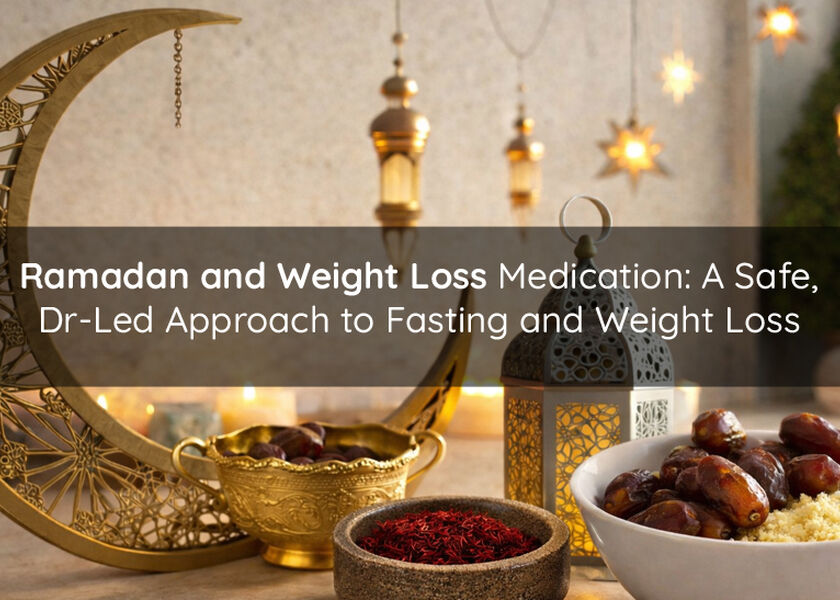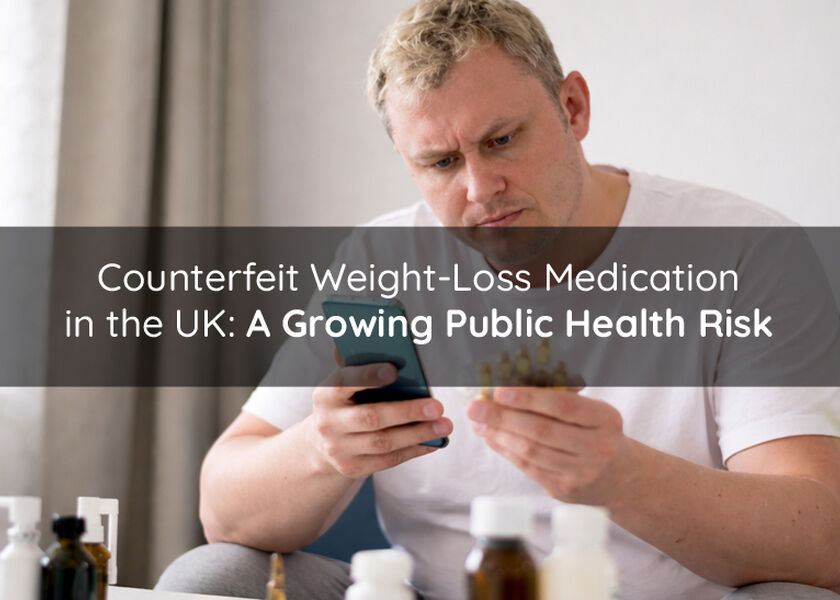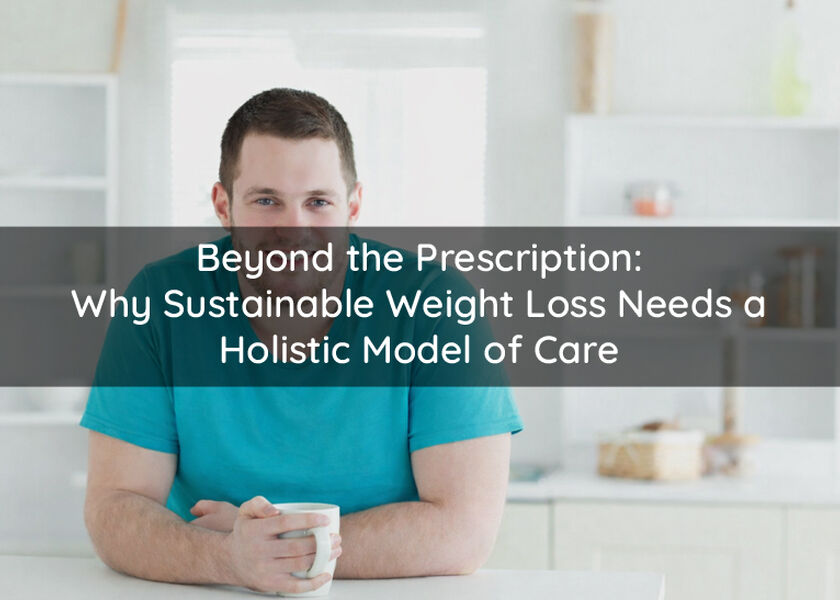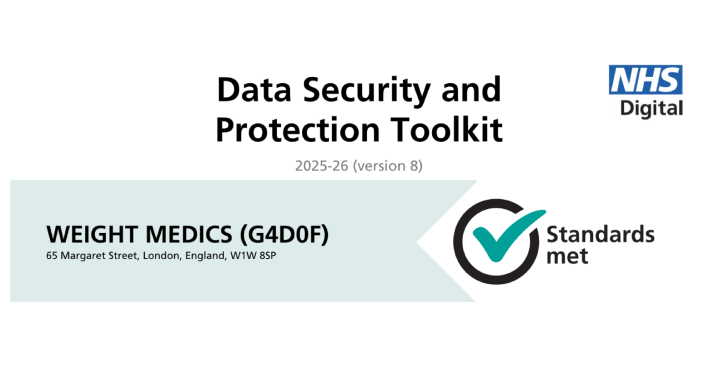
At Weight Medics, we often hear from patients who say they’re sticking to a strict calorie deficit, yet not seeing the results they expect. While managing calories is important, what many don’t realise is that not all calories are created equal—and that’s where nutrition quality comes into play.
Let’s break down why the source of your calories matters just as much—if not more—than the number of calories you consume.
Avocado vs. Mars Bar: Same Calories, Very Different Outcomes
Here’s a quick comparison we often use in clinic:
A Mars Bar and 150g of avocado both contain roughly 230 calories.
Technically, either option would “fit” into a calorie deficit. But in terms of nutritional value, hormonal response, metabolism, and overall health impact, they couldn’t be more different.
While the Mars Bar is high in sugar and processed fats, the avocado offers healthy fats, fibre, and micronutrients that support sustained energy, hormone balance, and fullness. Calories matter—but quality matters more.
The Science: Why Calorie Source Impacts Your Body Differently
1. Biochemical Pathways Are Not All Equal
While a calorie equals 4,184 Joules of energy, your body isn’t a closed system like a furnace. It’s a complex biochemical machine. Different foods follow different metabolic routes—some efficient, some not. This changes how much energy is stored versus burned.
2. The Thermic Effect of Food (TEF)
TEF refers to the energy used to digest, absorb, and process what you eat.
High-protein foods demand more energy to process, meaning fewer net calories are absorbed. For example, 100 calories of protein may only contribute 75 effective calories after digestion—making protein-rich diets inherently more weight-loss friendly.
3. Satiety Index: How Full You Feel Matters
Ever wonder why a small tub of ice cream is so easy to devour, but 3 boiled eggs fill you right up?
That’s satiety in action—some foods simply keep you full longer.
High satiety foods: Boiled potatoes, beans, lean meats, eggs, whole fruits
Low satiety foods: Cakes, pastries, sugary snacks
At Weight Medics, we focus on building meals around high-satiety foods to help patients avoid unnecessary snacking and naturally reduce intake.
4. The Sugar Split: Glucose vs. Fructose
Both glucose and fructose provide 4 calories per gram—but they behave very differently:
Glucose: Used by all cells
Fructose: Metabolised almost exclusively in the liver
Fructose doesn’t activate satiety signals, which can lead to overeating. While fruits contain fructose, they also offer fibre, water, and chewing resistance, which mitigates the downsides. Aim for no more than two 80g portions of fruit per day.
5. Whole Foods vs. Processed Foods
Whole foods require more effort to digest. Processed foods, on the other hand, are absorbed quickly and can spike blood sugar, leaving you hungry again within hours.
Whole, fibre-rich meals help regulate appetite and stabilise energy throughout the day.
Low-Carb Diets: The Unexpected Benefits
Many still carry the “low-fat” mindset from the 1980s, but research shows low-carb diets often result in 2–3 times more weight loss than low-fat plans.
Why?
- Low-carb diets are typically higher in protein
- They reduce water retention (goodbye bloat!)
- They avoid blood sugar spikes and crashes from refined carbs
- They automatically reduce calorie intake through better satiety
- When you cut carbs, especially refined grains and sugars, your hunger naturally decreases and your metabolism gets a boost from increased protein intake.
Understanding the Glycemic Index (GI)
GI measures how quickly a food raises blood sugar. High-GI foods (like white bread, sugary drinks, and sweets) lead to rapid spikes and crashes—what we call the “blood sugar rollercoaster.”
This not only causes cravings but also disrupts hormones related to hunger and fat storage. For better results:
- Choose low-GI, fibre-rich carbs like oats, sweet potatoes, and quinoa
- Avoid refined grains and sugary products
Final Thoughts from the Clinic
At Weight Medics, we go beyond just calorie counting. We help you understand how your body responds to different foods and provide personalised, doctor-led strategies for long-term weight loss.
If you’ve been “doing everything right” and still struggling, the type of calories you consume might be the missing piece.
Book a Consultation Today
Our expert team at Weight Medics can help you create a tailored, clinically guided plan that works with your biology—not against it.
Written by Annie Gill | CNM, BANT, CNHC, ANP








